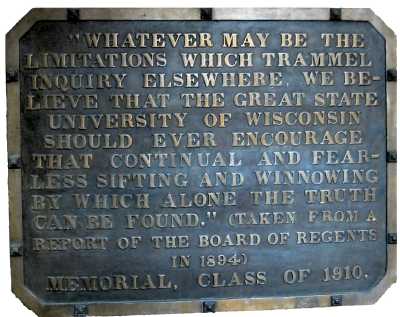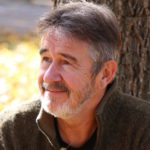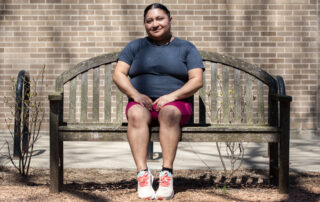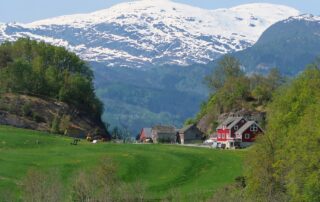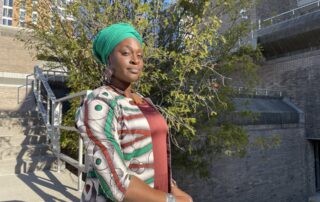Abe Lincoln may draw all the photos from eager grads on UW-Madison’s Bascom Hill… but there’s a plaque nearby with a message that forms a sort of mission statement for the campus. Writer Robert Kennedy tells us about the trip that brought “sifting and winnowing” into focus in his own life.
High on the list of antiquities salvaged from my undergraduate years are the words, “sifting and winnowing”. The plaque where I first read them on the UW-Madison campus claimed it was all one needed to find the truth.
I’d learned about sifting from watching my mother bake, but winnowing remained a mystery, until my wife’s ninety-year old grandmother asked for my help. We were harvesting popcorn, a staple on their family’s farm near Montello, and I was needed for the last step in the journey from field to larder. Pointing to an oversized roaster full of kernels, grandma Stelter said we needed to winnow the corn. At her direction, I poured the kernels into a pail. As they fell, the useless hulls disappeared into the wind.
My thirteen-year-old son Joel knows something about popcorn, but little of other essentials or how to separate them from the rest. So, when we began to think about taking a trip last summer, the lessons from the farm and my college days came drifting back. We planned a June hike along the Ice Age Trail in the southern unit of Wisconsin’s Kettle Moraine State Forest. Over six days, we’d cover forty-two miles. For days, we bothered with what to wear and what to eat. But, in the end, it came down to what we could do without. The rainfly for the tent was one thing. Our stretch of trail has Adirondack shelters at each of three designated campsites. Another would be the world of electronic media and connections. As is often true in life, we would have only ourselves.
Our routine was simple enough. In the mornings, still sleepy and sore, we’d breakfast on instant oatmeal and coffee, or hot chocolate, depending on one’s age. During the day we ran on beef jerky, granola bars and peanut butter bagels. Actually, it was water that fueled us, and lots of it. Once evening came, relieved of packs and heavy boots, we could rest and relax. With only the steady roar of a gas stove to replace the trappings of modern life, time would meander. The distance of a few days had put the overstuffed world far behind and, in the fading twilight; the simple pleasure of a warm meal was a welcome delight. All right, supper was usually freeze dried and eaten so hungrily that we scalded our mouths on its still chewy texture. But even so, it was as gourmet as it would get and we ate it eagerly. Once our few dishes were done, we’d crawl into the tent. I might read a chapter from a book, but more often we would simply stare into the blackness of the tent ceiling, fielding each other’s thoughts and savoring our own.
Trekking tends to shift priorities, and nearly always brings the traveler home feeling lighter than when he left. Like the hulls of corn, non-essentials disappear with the wind, as payments and schedules give way to the demands of gear and the comfort of dry socks. A brief avenue of shade in a forest interlude graciously pays for an hour in the hot sun and the time idled away on an overlook, where you only stopped for lunch, turns out to be the reason you made the trip in the first place. What I learned from that plaque of long ago is that the lessons that really matter can’t always be put into words. Sifting and winnowing, and the search for truth . . . reason enough to pack light and travel a wilderness.
